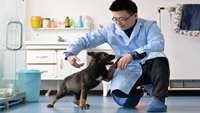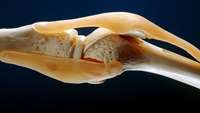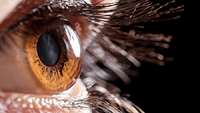Stem cells implanted into the brain stop epilepsy seizures in rats
For people with severe epilepsy, no medication is effective – but a radical approach of implanting stem cells into the brain could stop seizures at their source.
China Claims It Cloned a Police Dog to Save Time and Money on Training
Earlier this month, a southwestern police department in China received its newest canine trainee. Normally that wouldn’t make the news, except this pup was China’s first cloned police dog, according to Chinese state media.
Pfizer takes stake in gene-therapy specialist Vivet Therapeutics
Adding to the flurry of gene-therapy deals, Pfizer has paid roughly $51 million for a 15% stake in Vivet Therapeutics, which is developing liver-directed gene therapies.
UC San Diego Health treats first cancer patient with stem-cell derived natural killer cells
After 10 years in remission, Derek Ruffs cancer returned, this time as stage IV colon cancer. Despite aggressive rounds of chemotherapy, palliative radiotherapy and immunotherapy, his disease progressed.
Bioactive scaffolds guide the way to sore knee relief, cartilage repair
NIBIB-funded researchers have developed a 3-D-printed scaffold coated in aggrecan, a native cartilage component, to improve the regeneration of cartilage tissue in joints.
A soft spot for stem cells helps cornea healing
New research led by scientists at Newcastle University, UK reveals a potential revolutionary way to treat eye injuries and prevent blindness—by softening the tissue hosting the stem cells which then helps repair wounds, inside the body.
Breast cancer cells in mice tricked into turning into fat cells
As cancer cells respond to cues in their microenvironment, they can enter a highly plastic state in which they are susceptible to transdifferentiation into a different type of cell.
The Organ Shortage Will Soon Get Worse. Animal Organs Could Help
Nearly 75,000 Americans need an organ transplant. Of those, an estimated 18 will die today because they didn’t get one soon enough.
Researchers overcome hurdle in CRISPR gene editing for muscular dystrophy
The gene editing technique known as CRISPR is a revolutionary approach to treating inherited diseases. However, the tool has yet to be used to effectively treat long-term, chronic conditions.
WHO expert panel paves way for strong international governance on human genome editing
The World Health Organization’s new advisory committee on developing global standards for governance and oversight of human genome editing has agreed to work towards a strong international governance framework in this area.












